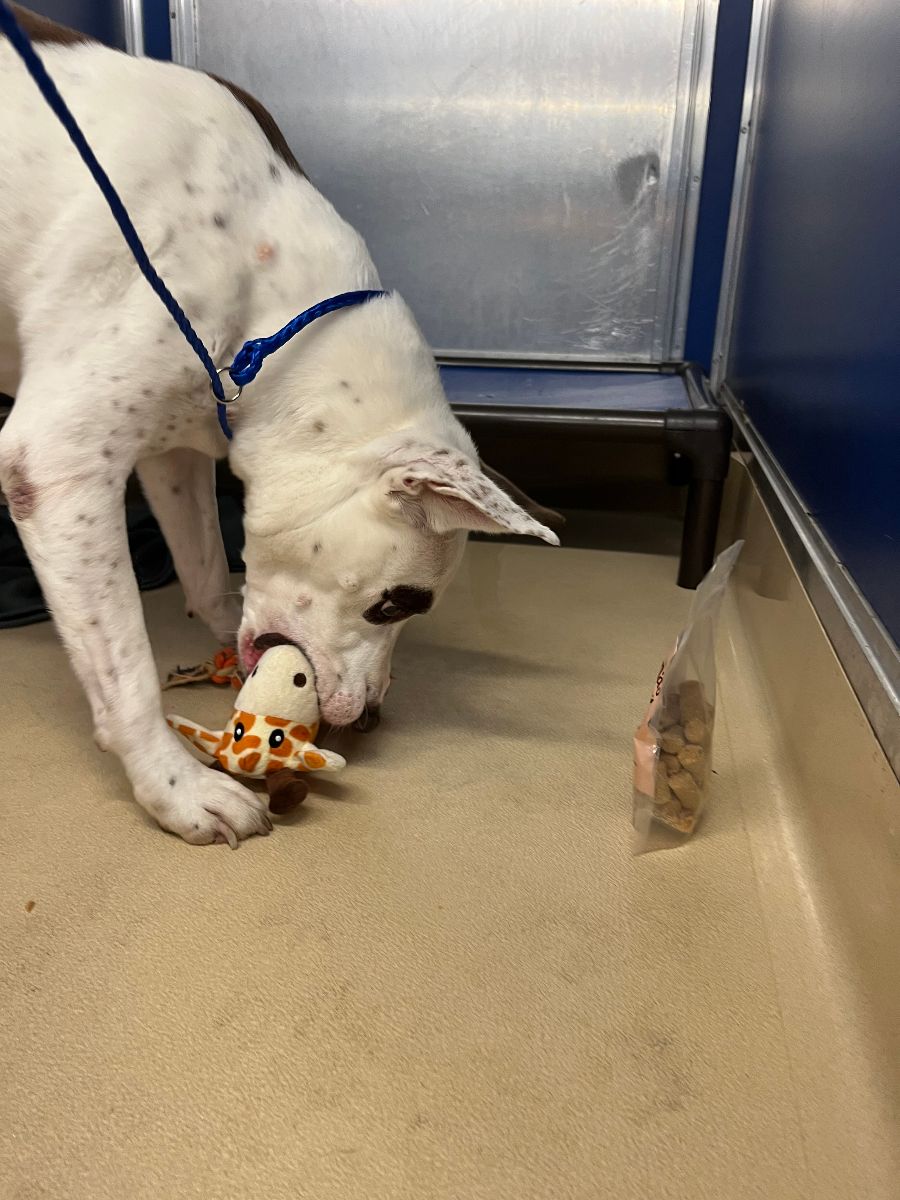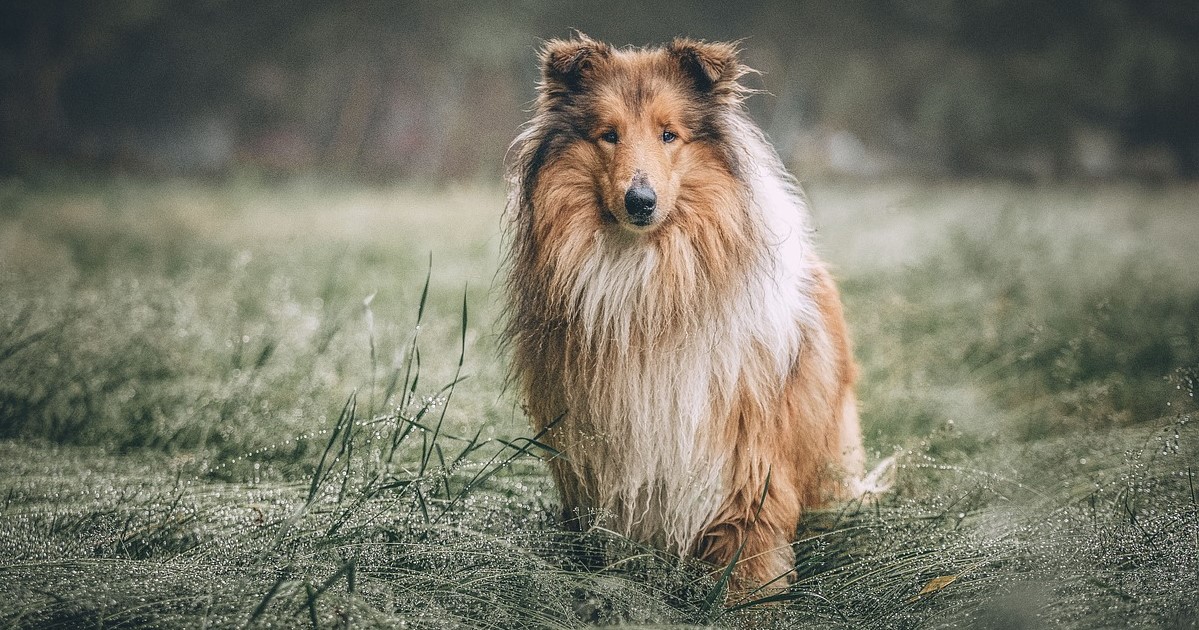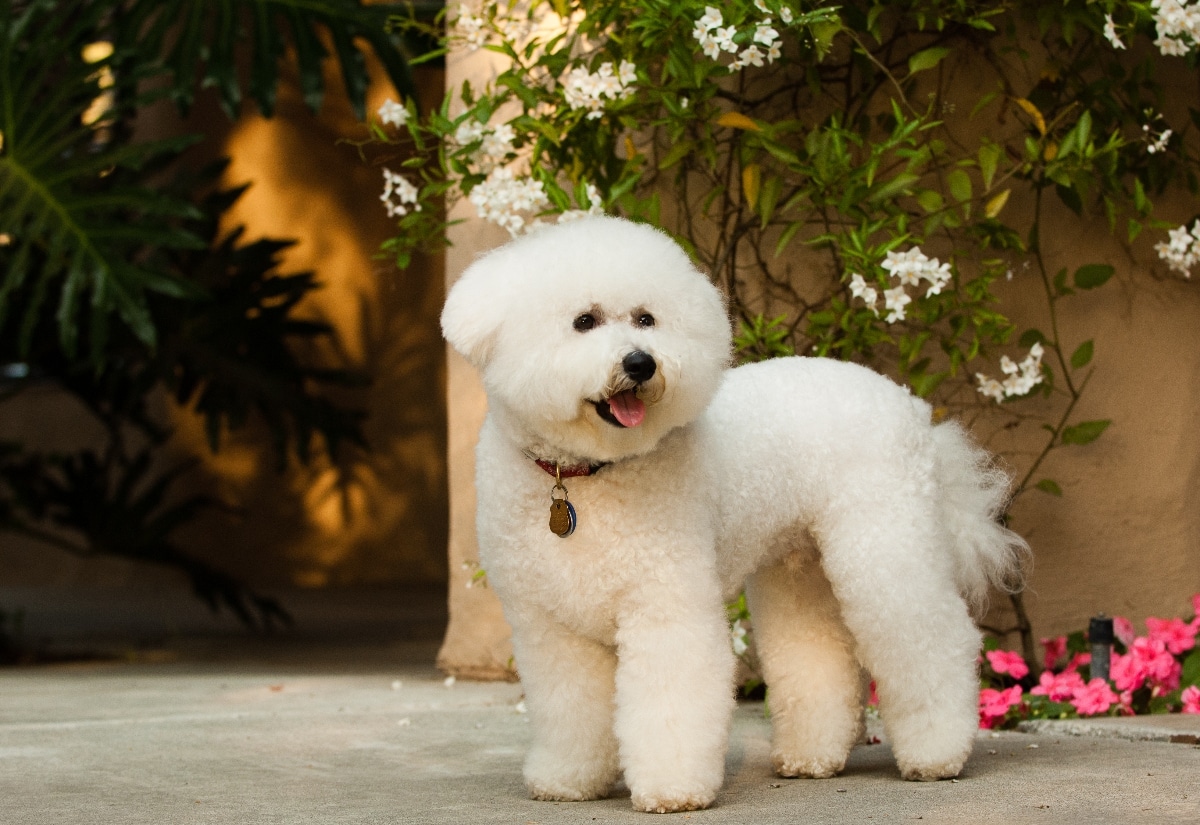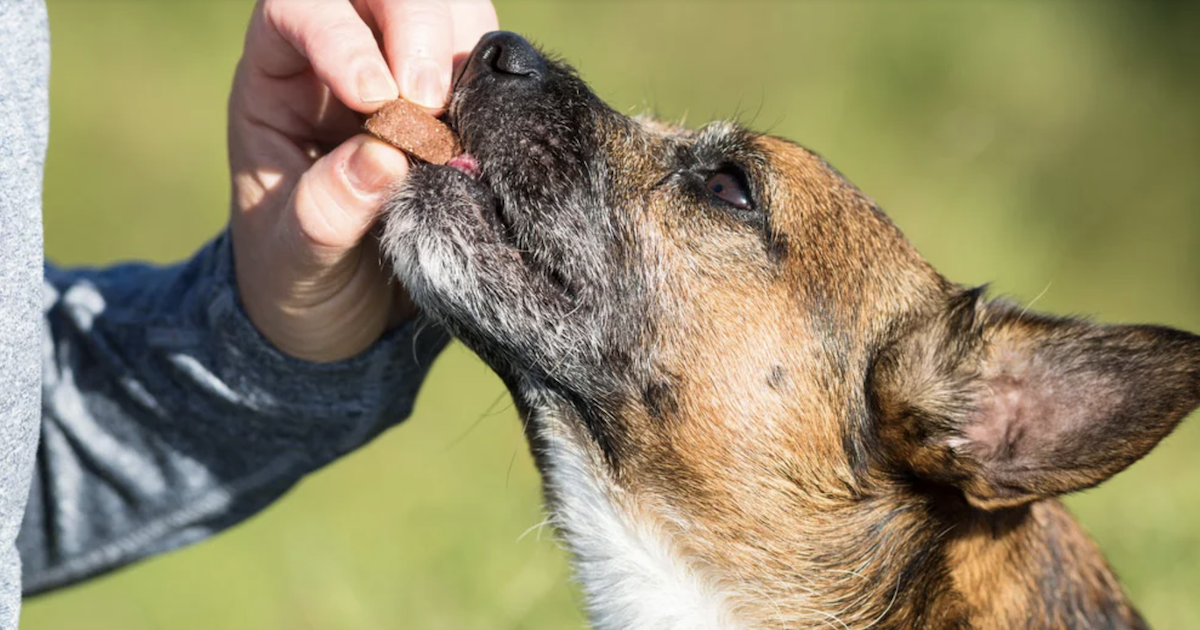Many dog owners want to know if water chestnuts are safe for their pets. Water chestnuts are a common ingredient in human meals and are known for being nutritious. But it is important to know if they are also a good choice for dogs.
This guide covers the benefits, risks, and important facts about giving water chestnuts to dogs. Water chestnuts can be safe, but there are a few things to consider.
Key Takeaways
- Yes, water chestnuts are safe in moderation, but they don’t offer many health benefits for dogs.
- They’re low in calories, making them a good occasional treat.
- Too much of any treat, including water chestnuts, can cause digestive issues like bloating or upset stomach.
- Always peel and slice them to prevent choking hazards or digestive blockages.
- Water chestnuts are high in fiber but lack protein, so they shouldn’t replace your dog’s regular food.
- Keep an eye on any allergic reactions, though they’re rare.
Table of Contents
- 1. Water Chestnuts Are Safe for Dogs (But Only in Moderation)
- 2. Low in Calories: A Healthy, Low-Calorie Treat
- 3. Watch for Choking Hazards (And Other Risks)
- 4. Nutritional Value for Dogs: It’s Not a Superfood
- 5. Be Aware of Allergies (Though Rare)
- Practical Tips for Incorporating Water Chestnuts into Your Dog’s Diet
1. Water Chestnuts Are Safe for Dogs (But Only in Moderation)
Dogs can safely eat water chestnuts. These tubers are non-toxic and will not harm your dog in small amounts. They are not known to cause health problems when given occasionally.
However, it is important to feed water chestnuts in moderation. As with most fruits and vegetables, giving your dog too many can cause digestive problems. Dogs are mainly carnivores, so their digestive systems are not built to handle large amounts of plant material. Offering a small amount occasionally is fine, but too much may result in stomach discomfort or bloating.
Why Moderation Matters
Water chestnuts have a fair amount of fiber. While fiber is great for digestion in small quantities, too much can lead to diarrhea or constipation. It’s all about balance. If you’re giving your dog a water chestnut for the first time, start with a very small piece and see how they react.
2. Low in Calories: A Healthy, Low-Calorie Treat
If you want a light snack for your dog, water chestnuts are a solid pick. They have about 20 calories per 100 grams, so you don’t have to worry about your dog gaining weight. You can give them as a treat without stressing about overfeeding.
Water chestnuts aren’t packed with nutrients, but they’re still better than most store-bought dog treats full of preservatives and artificial stuff. They’re also low in fat, which helps keep your dog’s weight in check.
What Does This Mean for Your Dog?
If your dog has a sensitive stomach or you want to cut back on high-calorie treats, water chestnuts can be a light option. However, they should not replace more nutrient-dense foods like meat or dog food.
3. Watch for Choking Hazards (And Other Risks)
When giving your dog water chestnuts or any new food, be aware of choking hazards. Water chestnuts are not toxic, but their small size and firm texture can make them a choking risk, especially if served whole. Preparing them properly helps prevent this.
To prevent choking, peel the water chestnut and cut it into small pieces. This makes it easier for your dog to chew and swallow safely.
Additional Considerations
If your dog is small or still a puppy, take extra care. Smaller dogs may not chew as well, which raises the risk of choking. Always watch your dog while they eat to make sure they do not swallow large pieces.
4. Nutritional Value for Dogs: It’s Not a Superfood
People often say water chestnuts are healthy for humans because they have antioxidants, potassium, and fiber. However, these benefits do not really apply to dogs.
Water chestnuts are low in protein, fat, and important vitamins that dogs need. They can be given as an occasional treat, but they should not take the place of a balanced diet. Think of them as a snack, not a main meal.
Nutritional Breakdown:
Water chestnuts provide fiber, which helps with digestion, and they have a lot of water to help keep your dog hydrated. Still, they do not have the key nutrients dogs need to stay healthy. The crunch might be fun, but water chestnuts will not help your dog grow or stay energetic.
5. Be Aware of Allergies (Though Rare)
Some dogs can be allergic to water chestnuts or other new foods, but this does not happen often. If your dog is trying them for the first time, keep an eye out for any signs of an allergic reaction. These can include itching, swelling, vomiting, or diarrhea.
If your dog has reacted to other foods before or is a sensitive eater, talk to your vet before giving any new treats.
Signs of Allergic Reactions:
- Itchy skin or hives
- Vomiting or diarrhea
- Swelling around the face, ears, or paws
- Lethargy or unusual behavior
If you see any of these symptoms after your dog eats water chestnuts, stop giving them this treat and call your vet.
Practical Tips for Incorporating Water Chestnuts into Your Dog’s Diet
If you want to try giving your dog water chestnuts, here are some easy ways to get started.
- Start with just a little bit. If your dog likes them and has no problems, you can give a bit more next time.
- Peel the water chestnuts and cut them into small pieces so your dog can eat them safely.
- Only give water chestnuts as a treat once in a while, not every day.
- You can also mix chopped water chestnuts with other dog-friendly foods like carrots or sweet potatoes.
Bonus Tip: Experiment with Frozen Water Chestnuts
If your dog likes frozen treats, you can freeze chopped water chestnuts in ice cube trays with a bit of water or broth. They’ll love the cool, crunchy texture!
Conclusion: A Fun, Healthy Treat in Moderation
Water chestnuts are a safe and crunchy treat for your dog if you serve them in moderation and prepare them the right way. They are low in calories, high in fiber, and make a refreshing snack. Just remember, they are not a substitute for a balanced diet. Let your dog enjoy the crunch, but be sure to watch how much you give.
If you follow these tips, you can add water chestnuts to your dog’s treats without worrying about stomach issues. Your dog will enjoy something different, and you can feel good about offering a healthy, low-calorie snack.
FAQs.
Can dogs eat water chestnuts every day?
No, water chestnuts should be fed in moderation. They’re a low-calorie snack, but don’t provide enough nutrients to be a regular part of your dog’s diet.
Are canned water chestnuts safe for dogs?
Yes, canned water chestnuts are safe, but make sure they’re free from added salt or preservatives. Always rinse them before serving.
What should I do if my dog eats too many water chestnuts?
Monitor your dog for any signs of digestive upset, like vomiting or diarrhea. If symptoms persist, contact your vet.
Can water chestnuts help with my dog’s digestion?
Water chestnuts are high in fiber, which can support digestive health in small amounts. However, they shouldn’t replace your dog’s regular fiber source.
Can puppies eat water chestnuts?
Puppies can eat water chestnuts in moderation, but be sure to cut them into very small pieces to avoid choking hazards.
Are water chestnuts toxic to dogs?
No, water chestnuts are not toxic to dogs. They’re safe when prepared properly and fed in small amounts.
Do water chestnuts contain any harmful chemicals?
No, water chestnuts are naturally free from harmful chemicals. Just ensure they’re fresh or properly rinsed if canned.
Can water chestnuts cause allergies in dogs?
It’s rare, but some dogs may have an allergic reaction to water chestnuts. Watch for symptoms like itching or swelling after giving them as a treat.


















 English (US) ·
English (US) ·